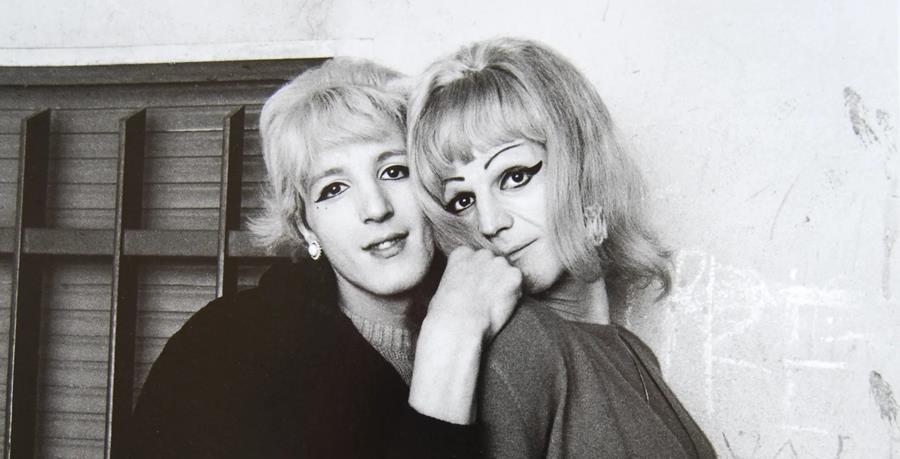Notice:
This event occurs in the past.
The 2025 Marston LaFrance Lecture
Thursday, March 13, 2025 from 3:30 pm to 5:00 pm

- In-person event
- 2017, Dunton Tower, Carleton University
- 1125 Colonel By Drive, Ottawa, ON, K1S 5B6
- Contact
- Emma Fraser, fassevents@carleton.ca
Each year, the Faculty of Arts and Social Sciences awards the Marston LaFrance Research Fellowship to one of its outstanding faculty members, in order to facilitate the completion of a major research project that requires significant release time. Once the year has completed, the Fellowship winner delivers a lecture on the research they were able to accomplish during their time as the Marston LaFrance Fellow.
2024-2025 Fellowship Recipient
Professor Jennifer Evans teaches about the history of sexuality, photography, and memory. Her books include Life Among the Ruins: Cityscape and Sexuality in Cold War Berlin and The Queer Art of History: Queer Kinship After Fascism, recently awarded the German Studies Association Prize for Best Book in Literature and Cultural Studies. She has also co-written Holocaust Memory in the Digital Mediascape with former Carleton students Meghan Lundrigan and Erica Fagen. Her next book, Full Frontal: a New History of the Sexual Revolution, traces the role of image making in this period of social and legal change.
Lecture Synopsis
In her talk, Unlikely Allies: Middle Aged Photographers and the Trans Camera, Professor Evans will discuss the parallel lives of two Jewish middle-aged women photographers, one in Italy, the other in Brazil, and the role of their photographs of the Genoa and São Paulo trans scenes for the way they presaged the visibility politics of the gay, lesbian, and feminist social movements of the 1970s and 80s. Lisetta Carmi and Madalena Schwartz, refugees who fled the Nazis in the 1930s before working their way into photography late in life, built relationships of intimacy and trust with the trans sex workers and performers they photographed in Italy and Brazil. In the process, they created a new visual language and emotional register for how to think about gender non-conformism long before Robert Mapplethorpe or Nan Goldin turned the camera on their own worlds. Working in the shadow of neo fascism in Italy and dictatorship in Brazil, stories of kinship like these ask us to rethink the history of the Sexual Revolution as centered in New York, San Francisco, Amsterdam and West Berlin. They unveil new points of contact, new sources of trust and allyship, and new visual and emotional regimes of ethnography and truth telling. Most compellingly, they cast light on new and different actors – on both sides of the lens – whose stories have been undervalued or perhaps, never been told.